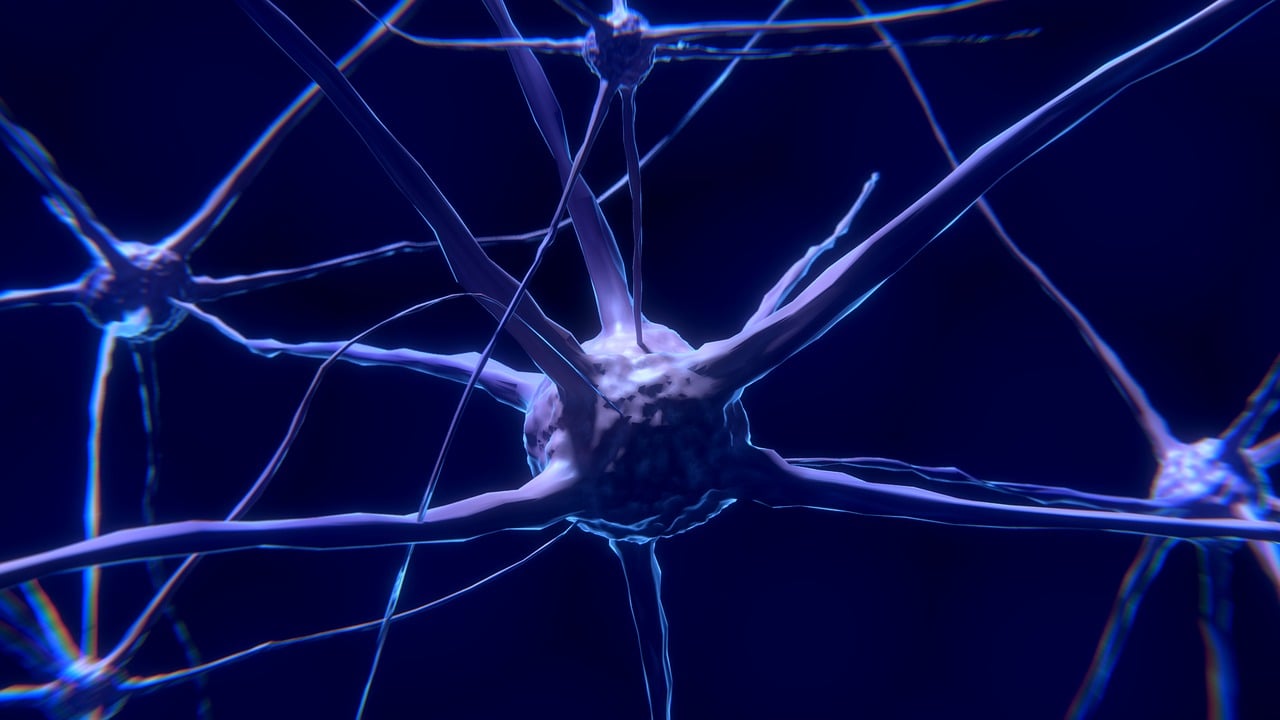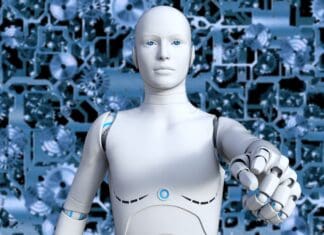This post is also available in:
 עברית (Hebrew)
עברית (Hebrew)
As AI takes the world by storm, groundbreaking neural network technology has the potential to revolutionize or augment AI capabilities. Recently, scientists and researchers in AI and cognitive science have collaborated to create a neural network that exhibits human-like proficiency in language generalization.
To simplify, this neural technology called Meta-learning for Compositionality (MLC) mimics the way humans learn and use new words in different situations through a process called systematic generalization. In contrast to other AI systems, the neural network integrates newly learned words into existing vocabulary.
Microsoft claims that “the neural network can learn new words at a much quicker pace than ChatGPT. We’re not only talking about learning the new words but also adding them to its vocabulary for general use.”
The technology’s capability was shown through people’s natural skill to apply newly learned words in different contexts seamlessly, and its human-like performance marks a breakthrough in the ability to train networks to be systematic.
According to Interesting Engineering, scientists initially conducted experiments on humans, testing their ability to apply new words in diverse situations by utilizing a learning method that involves training an artificial intelligence system in real time as it completes tasks. The system then surpassed the performance of traditional AI models like ChatGPT by replicating the patterns of human errors in its training and becoming capable of using new words in ways that closely resembled human understanding.
This advancement shows promise in fostering more organic interactions between humans and AI systems. For example, comprehending the sentence “the cat chases the dog” enables understanding similar phrases like “the dog chases the cat” without additional effort.
The researchers encountered some challenges with the interface, like scaling up the technology to handle larger datasets, or generalizing its applications to different contexts, like images.
Elia Bruni, natural language processing specialist at the University of Osnabrück in Germany, stated that this research could make neural networks more efficient learners, which would consequently decrease the massive volume of data required to train AI systems and decrease instances of AI detecting non-existent patterns and yielding inaccurate results (also called ‘hallucinating’).


























